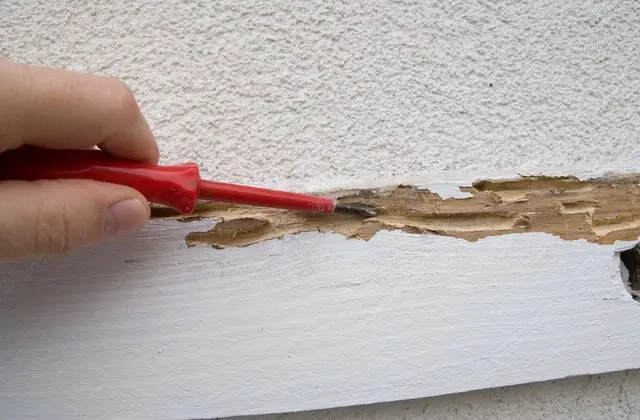Termites, those stealthy destroyers, can silently undermine the very foundation of your home. These social insects often cause extensive structural damage before their presence is even detected. But homeowners need not despair—termite inspectors serve as your first line of defense in safeguarding your most valuable investment.
What is a Termite Inspector?
A termite inspector is a highly trained professional specializing in the identification and assessment of termite infestations. Equipped with specialized knowledge and tools, they meticulously inspect properties to uncover signs of termite activity, determine the species involved, and recommend effective treatment strategies.
Why Do You Need a Termite Inspection?
Termite infestations can remain undetected for years, silently consuming wooden structures and leading to costly repairs. Here are compelling reasons why a termite inspection is essential:
- Early Detection Saves Money: Identifying an infestation early can prevent significant damage, saving homeowners from expensive repairs down the road.
- Peace of Mind: Knowing your home is free from termites provides peace of mind, allowing you to focus on other priorities.
- Real Estate Transactions: Termite inspections are often required for home sales, expediting the process and reassuring both buyers and lenders.
- Preventative Measures: Even in the absence of visible signs, inspections reveal potential risks and enable proactive measures to deter future infestations.
What to Expect During a Termite Inspection?
A comprehensive termite inspection typically includes:
- Visual Examination: Thorough inspection of the interior and exterior, focusing on vulnerable areas like foundations, crawl spaces, attics, and wood-to-soil contact points.
- Use of Tools: Tools such as moisture meters and sounding devices are employed to detect hidden termite activity within walls and floors.
- Species Identification: Identification of termite species (e.g., subterranean, Formosan, drywood) informs appropriate treatment strategies tailored to the specific threat.
Finding a Qualified Termite Inspector
Choosing the right termite inspector is crucial. Consider the following:
- Licensing and Certification: Ensure the inspector is licensed and certified by reputable authorities.
- Experience: Opt for inspectors with local experience and expertise in handling prevalent termite species.
- Insurance: Confirm the inspector carries insurance coverage to mitigate any potential damage during inspections.
- Comparison Shopping: Obtain quotes from multiple inspectors to gauge fair pricing and avoid compromising on thoroughness or quality.
- References and Reviews: Check references and online reviews to assess the inspector's reputation and customer satisfaction.
The Importance of Regular Inspections
Termite inspections should be conducted regularly, ideally every one to two years, to maintain a termite-free environment. Prompt action is advised upon noticing signs such as mud tubes, discarded wings, hollow wood sounds, or swarms of flying termites.
Conclusion
Termites pose a significant threat to homeowners, but proactive measures can effectively mitigate risks. By scheduling routine termite inspections with qualified professionals, homeowners can protect their homes from these silent yet destructive pests, ensuring long-term safety and peace of mind.

